Europeans have been conditioned to think that they are mixed racial groups with many different languages and most have no idea where many of these languages originated. Experts have discovered that the majority of European languages are actually descended from a single language called Indo-European, the chart above shows the indo-European and the language branches. The one exception to this is the Basque language, which is believed to be one of the languages that survived the Ice Age. All other languages have changed due to time and isolation from each other and there are many theories surrounding the origin of the Indo-European language. No doubt the Indo-European language itself is most likely to be the descended language of the early Ice Age people of Europe and Central Asia.
Origin of Language
As long as people have been living in different regions of Europe, there would have been various languages and dialects spoken by the various population groups. The earliest Europeans up to the Heidelberg people, and their ancestors would have had a very simple vocabulary compared to the language we use today.
Like today, there are English-speaking people who integrate into the culture and adopt the language of the country they have migrated to. Some languages have also become rare while others have become extinct. But as generations passed, the language became more complex with a larger vocabulary, passed on from generation to generation over thousands of years.
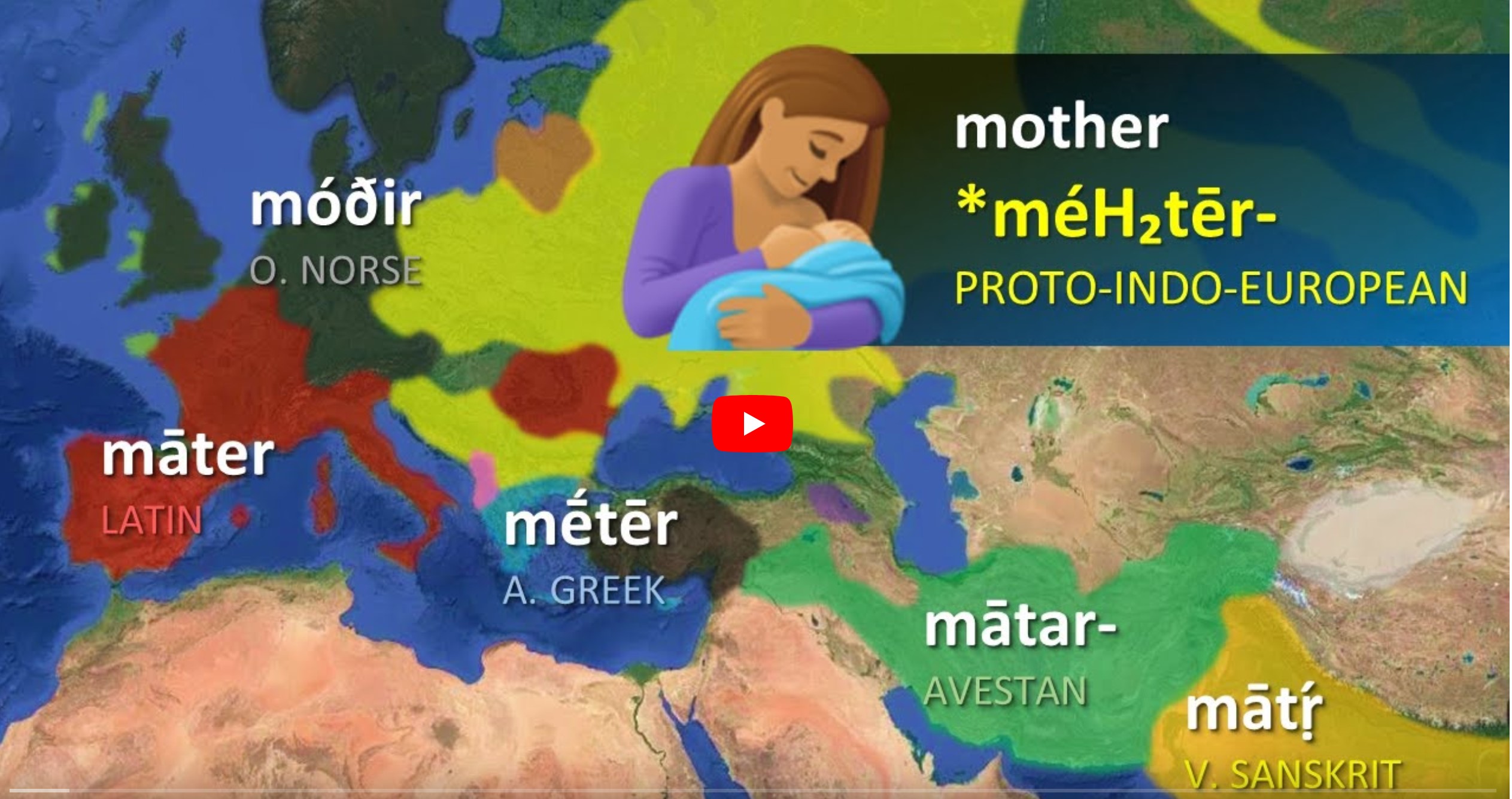
Indo-European Languages - Word Comparisons
New Indo-European Languages
The Germanic tribes, Anglo- Saxons Europeans, moved into England and spoke the Germanic language, and over time, it changed, and today it called the English language. If you learn German you will find many words sound similar to English words. Here are some words to give you an idea how the German language has changed in pronunciation and developed into English-language:
| German | English | German | English |
| Rot | Red | Lampe | Lamp |
| Mutter | Mother | Vater | Father |
| Gut |
Good |
Haben | Have |
| Morgen | Morning | Und | And |
Indo-European languages are spoken all across the globe with approximately 3 billion people in total. Of the 20 most spoken languages in the world today, 12 of these are of Indo-European language family:
- Spanish
- English
- Hindi
- Portuguese
- Bengali
- Russian
- German
- Marathi
- French
- Italian
- Punjabi
- Urdu
Useful Links and Videos
Indo-European Dispersals and the Eurasian Steppe with J.P. Mallory
Language of Indo-European (Family Tree)
Overview of the Indo-European Languages
Marija Rediviva: DNA and Indo-European Origins
" Marija Gimbutas had a detailed knowledge of the archaeology of prehistoric Europe and of the cultures of ‘Old Europe’ with their rich iconography of goddesses and gods, which she viewed as overwhelmed at the onset of the Bronze Age by the Kurgan invasion, an incursion of a new population from the East European steppe lands, north of the Black Sea. This she saw as the key impetus which brought Old Europe to an end, and which introduced to Europe a new population speaking early Indo-European languages."

Lord Colin Renfrew | Marija Redivia: DNA and Indo-European Origins
English Language
We look at the history of the alphabet and some of the historical events and linguistic changes that have resulted in the complicated spelling system in English, from Viking & Norman invasions to the Great Vowel Shift and the printing press.
Why is English spelling so complicated?
Is English Really a Germanic Language?
Russian
Afrikaans
Afrikaans: A Daughter Language of Dutch
Jewish
Are Yiddish and Hebrew Similar?
The Alphabet
The Basque language in Europe is not related to the Indo-European language
The Basques white Europeans live in North-Central Spain. Basques are the most fiercely nationalist group in Europe. The Basque population is divided into France and Spain in the border of those two countries, with each side using the official language (Spanish or French) for official business, but speaking Euzkera (the Basque language and the oldest language spoken in Europe, going back to Ice Age Europeans). The Basques communities have retaining a strong sense of identity in Europe and all over the World.
Basque - A Language of Mystery
" In this video, we explore the Latin language. We learn it history, how it shaped our language, and many other languages, its role in the Roman Empire, how it changed through time, and more."
Coveners League has many articles, here is a small sample, please check them out.
Teach White Europeans About Their Ice Age Heritage

White European Racial Pride. What Race Are You ?


White History, Music, Wars, Dances and Film Archives

Whites Fight Back Against Racism & Bigotry

European Birth Rate Statistics. Update 2
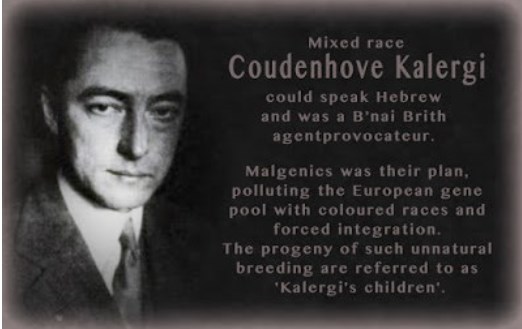
The Coudenhove-Kalergi plan - To Genocide Indigenous Europeans in Europe

US Constitution & Bill of Rights. Article…

Europe & Middle Eastern Wildlife. Update 2
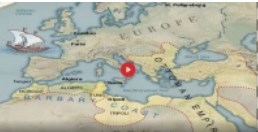
Barbary Muslim Pirates Kidnapped Whites

Freedom of the Internet
The Thirty Years' War- Between Christians In
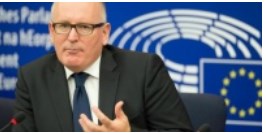
Genocide Whites & all Races

White Indigenous Rights

Promoting Large Families
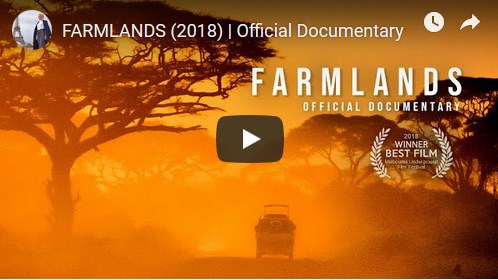
Lauren Southern on South Africa: FARMLANDS (Are Whites History?)
Lauren Southern on South Africa: FARMLANDS (Are Whites History?)

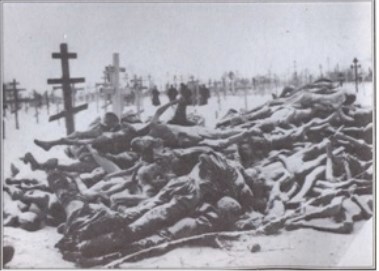
The European Holocaust

Media Ownership: The Illusion of Choice
Fighting Genocide Worldwide


White Organizations: European Community Based Organizations

Citizens Initiative Referendas ( CIR ) in Switzerland
Afrikaner AfriForum Civil Rights Organization
Orania White Afrikaner Community
Helping Whites. South African Family Relief …



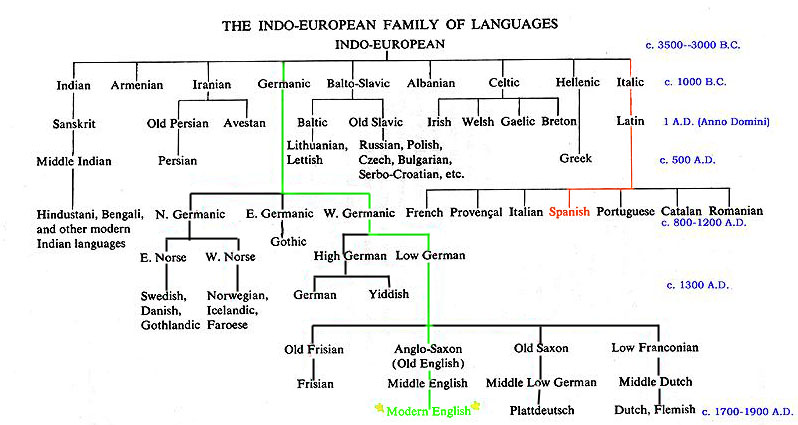







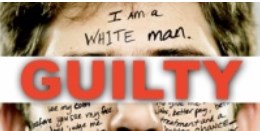
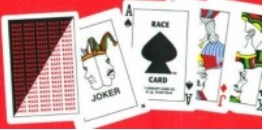



@UtsavSapkotaProfile
@info_bot
@materbrasiliae2114